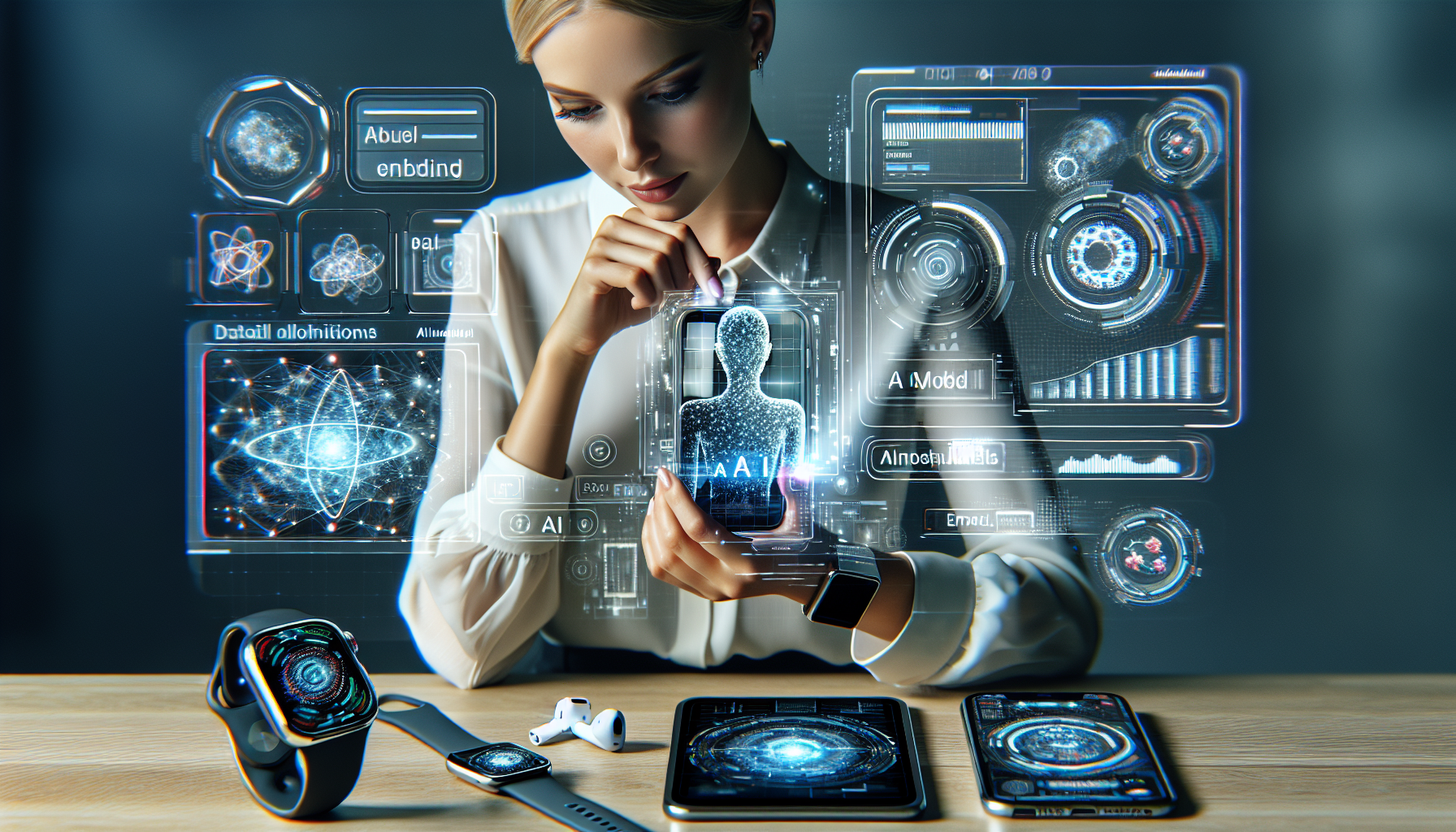
Apple is quietly improving its artificial intelligence (AI) capabilities through a combination of acquisitions, hiring, and hardware enhancements, with the aim of integrating AI into future iPhones. The company’s main focus is on the technical challenge of incorporating AI into mobile devices, as indicated by industry statistics, academic papers, and insider knowledge.
Compared to other technology giants, Apple has been more active in acquiring AI startups, having bought 21 since 2017, according to research by PitchBook. Its most recent acquisition was WaveOne, a California-based startup that offers AI-powered video compression, in early 2023.
Analyst Daniel Ives from Wedbush Securities anticipates that Apple will make a major merger and acquisition deal in the AI sector this year due to the ongoing AI competition. A recent research note from Morgan Stanley reveals that nearly half of Apple’s AI job postings now include “Deep Learning,” a term linked to the algorithms that drive generative AI. In 2018, Apple hired John Giannandrea, Google’s top AI executive.
Despite being more secretive about its AI plans than competitors like Microsoft, Google, and Amazon, insiders suggest that Apple is developing its own large language models (LLMs), which are the technology behind generative AI products such as OpenAI’s ChatGPT.
Last summer, Apple CEO Tim Cook shared that the company is exploring various AI technologies and responsibly investing and innovating in this new field. Apple seems to be aiming to execute generative AI on mobile devices, which would allow AI chatbots and apps to function on the phone’s own hardware and software, rather than relying on cloud services in data centers.
This technical challenge entails shrinking the size of LLMs that power AI and creating more powerful processors. Other device manufacturers like Samsung and Google have made quicker progress in this area, launching new devices that purport to run generative AI features on the phone.
Apple’s Worldwide Developers Conference, usually held in June, is anticipated to unveil the company’s latest operating system, iOS 18, which analysts predict will be designed to support generative AI and possibly include Siri powered by an LLM.
Apple has also launched new chips with enhanced abilities to run generative AI. The M3 Max processor for the MacBook, unveiled in October, enables AI developers to handle billions of data parameters. The S9 chip for new Apple Watch models allows Siri to collect and record data offline. The A17 Pro chip in the iPhone 15 features a neural engine that is twice as quick as previous models.
In December, Apple researchers announced a significant advancement in running LLMs on-device using Flash memory, enabling quicker processing of queries, even offline. In October, Apple released an open-source LLM called “Ferret” in collaboration with Columbia University for research purposes.
Despite Microsoft recently surpassing Apple as the most valuable publicly-traded company due to its AI initiatives, Bank of America analysts upgraded their rating on Apple stock last week, citing expectations of heightened demand for new generative AI features in iPhones this year and in 2025.